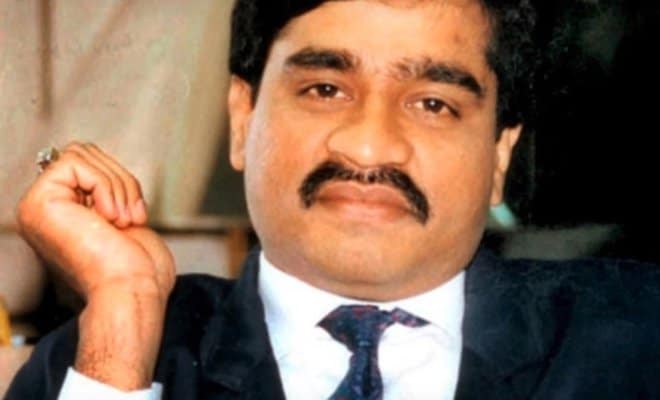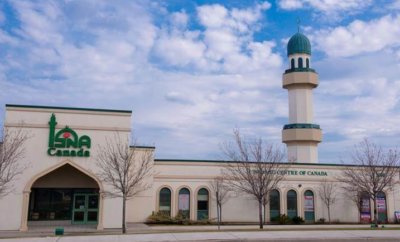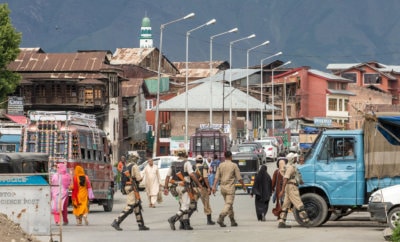Crime
Dawood Ibrahim’s Company has Diversified, U.S. Lawmakers Told

Dawood Ibrahim (file photo)
Photo: YouTube screenshot
Dawood Ibrahim's company has branched into weapons trafficking, counterfeit DVD and providing financial services through the hawala system, American professor says at Congressional hearing.
Indian underworld don Dawood Ibrahim’s crime syndicate, popularly called the D-company, has diversified in many other unlawful fields, lawmakers in the United States were told on March 20.
“Pakistan-based crime-terror group, D-company, whose origins lie in India, expanded Karachi’s historic role as a drug transhipment point, and built a powerful transnational crime-terror organisation, in part from drug proceeds,” Dr Louise Shelley, professor, Schar School of Policy and Government, at the George Mason University, was quoted as saying to lawmakers by PTI.
Shelley added that the Pakistan-based company has diversified “like Mexican drug organisations” into “weapons trafficking, counterfeit DVDS and providing financial services through their extensive system of hawala operators.” Shelley said this in a Congressional hearing, “Exploring the Financial Nexus of Terrorism, Drug Trafficking, and Organized Crime,” organized by the Committee on House Financial Services Subcommittee on Terrorism and Illicit Finance.
The hearing aimed to explore the increasing convergence of terrorism and transnational organized crime groups, the networks that provide these groups with financial support, and facilitate these criminal and nefarious enterprises.
Dawood Ibrahim is a fugitive wanted in India for high profile crimes and Mumbai terrorist attacks. American and Indian officials believe that he is currently based in Pakistan’s Karachi city. Pakistan has denied his presence in the country.
The United States, after years of India’s campaign against the criminal, acknowledged the campaign in 2003 and declared him a global terrorist who has links with the al-Qaeda. The U.S. Treasury Department further vindicated India’s campaign that Pakistan has been sheltering him by saying that he has a Pakistani passport under individual category.
The United Nations had also issued sanctions against him under its anti-terror resolution.
In an earlier testimony before the same Congressional sub-committee, Celina B Realuyo, professor of Practice, William J Perry Centre for Hemispheric Defence Studies, National Defence University, had said that a number of recent attacks in Kabul were also planned and launched from safe havens in Pakistan.
Earlier this month, Dawood Ibrahim’s brother Iqbal Kaskar’s lawyer had said that the gangster is willing to return to India under a few conditions — such as being housed in the high-security Arthur Road jail in Mumbai. He was also said to be ready to face all charges against him during a hearing on an extortion case, the Times of India had reported.
“Dawood had said the same thing a few years ago too. If we can compromise with Abu Salem, why not with Dawood,” the lawyer asked in court.
On March 19, a Terrorist and Disruptive Activities (Prevention) Act (TADA) court in Mumbai extended the CBI custody of fugitive Ibrahim’s aide Yasin Mansoor Mohamed Farooq, an accused in 1993 Mumbai serial blast case, till March 28.



